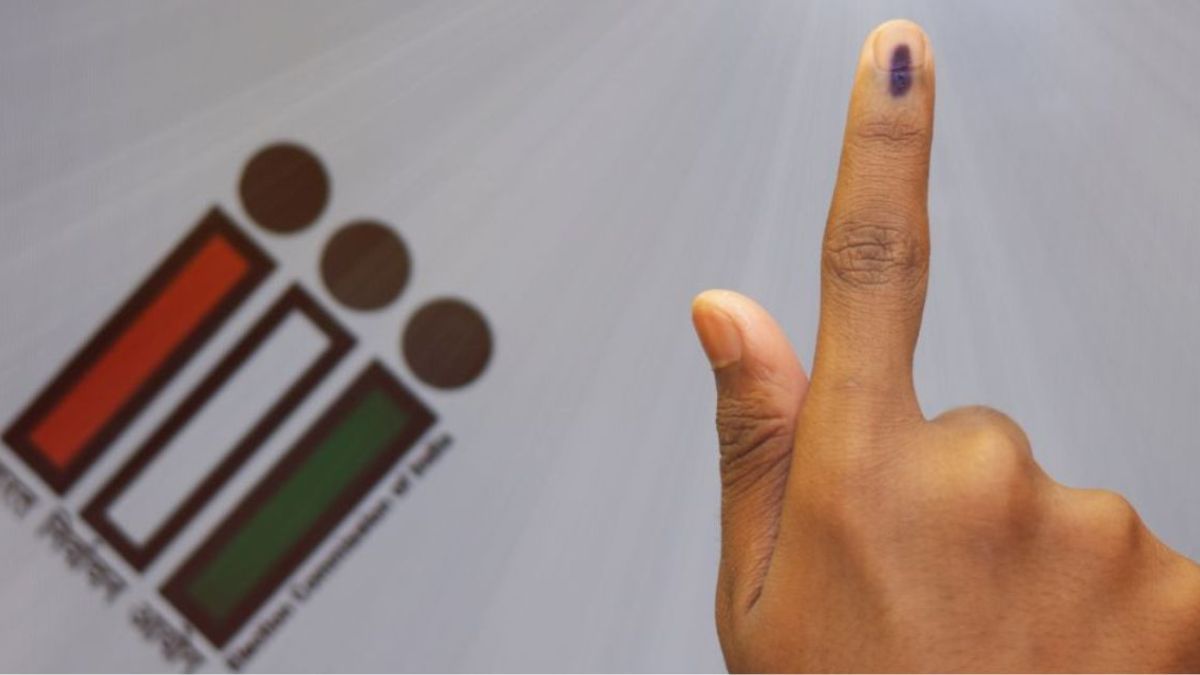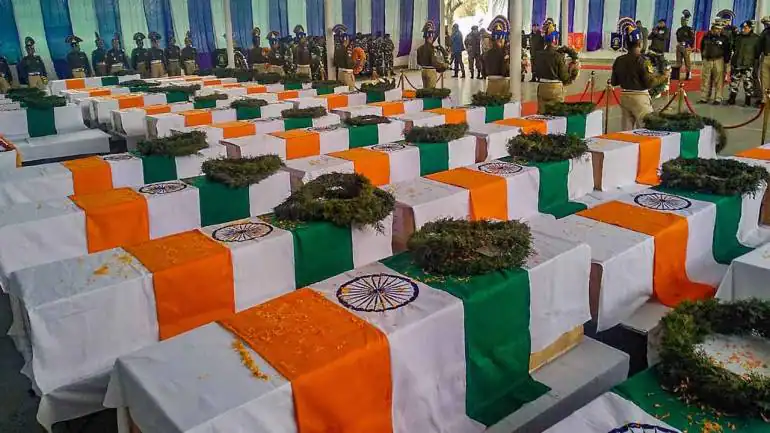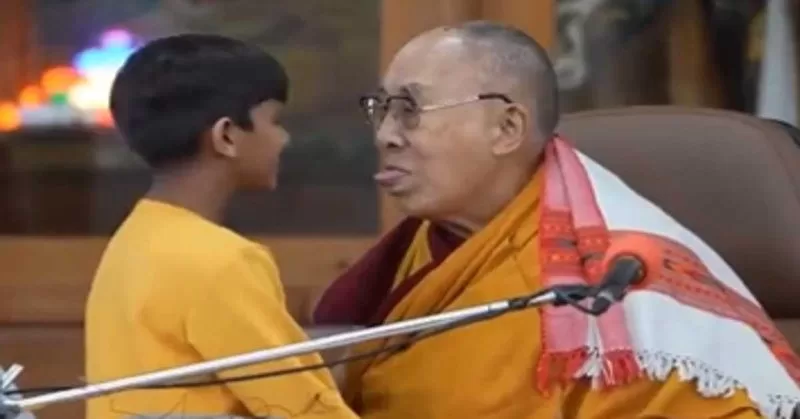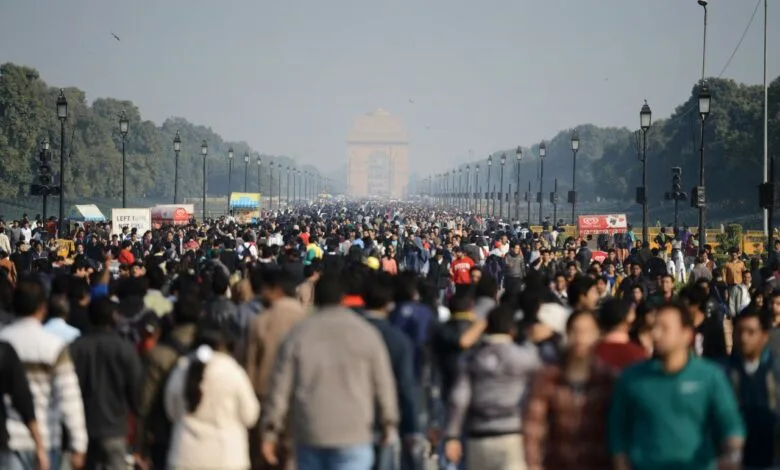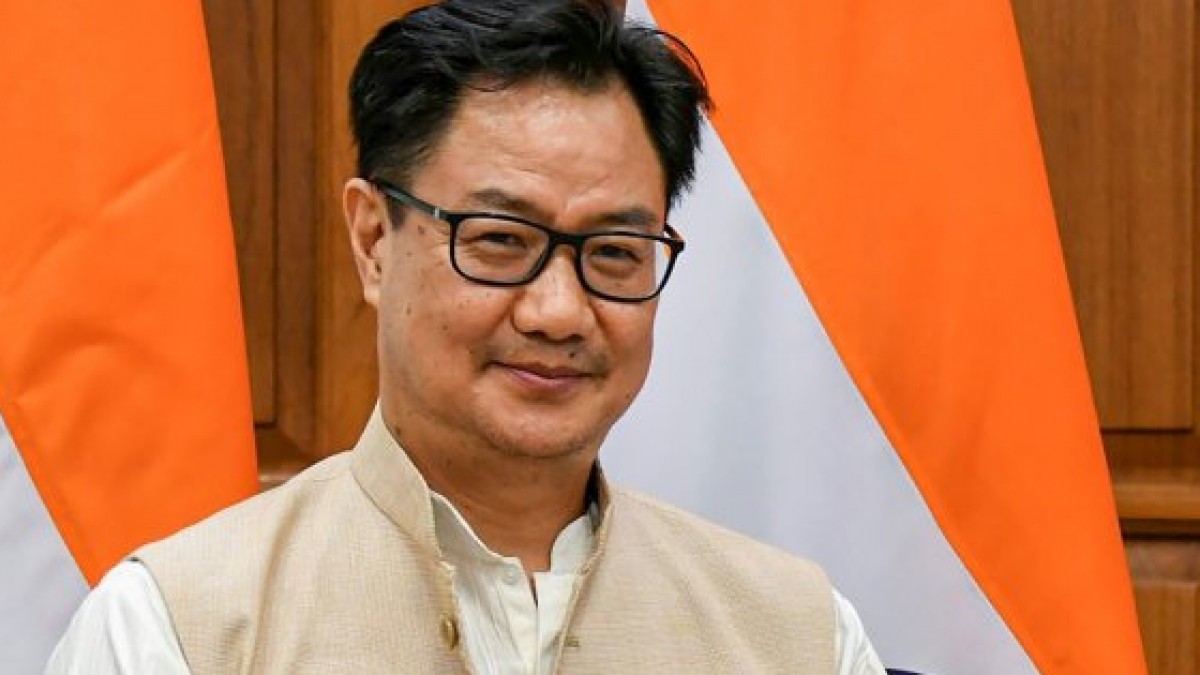
The state is required by Article 44 of the Constitution to endeavor toward enforcing a Uniform Civil Code (UCC) nationwide.
The 23rd Law Commission, officially known as the New Law Panel, was swiftly and publicly established by the Modi government. Its tenure is set from September 1, 2024, to August 31, 2027. Judges presently serving on the Supreme Court and High Courts are eligible to be appointed as Chairperson and Members of this New Law Panel for the first time. The announcement also permits retired judges and other eligible staff to apply for these positions.
Just one day after the 22nd Law Commission’s tenure ended on August 31, a gazette notification formally announcing the new Commission’s creation was published late on Monday night.According to the notification, the newly formed Law Commission will include two ex officio members, the secretary of the Legislative Department and the secretary of the Department of Legal Affairs, four full-time members, including a Member-Secretary. There will also be five part-time members on the panel.
The Long-Term Push for UCC by the BJP and the Function of the New Law Panel
Just 17 days after the Center reopened the discussion over a Uniform Civil Code (UCC), the Law Ministry moved quickly to create a new law panel to replace the one that had been investigating the viability of a UCC after substantial public engagement. In his Independence Day speech, Prime Minister Narendra Modi criticized the existing civil code as sectarian and emphasized the need for a “secular civil code.”
The new panel’s terms of reference, which include the phrase “Examination of the existing laws in the light of Directive Principles of State Policy and to suggest ways of improvement and reform as well as to suggest such legislations as might be necessary to implement the Directive Principles and to attain the objectives set out in the Preamble of the Constitution,” may or may not explicitly require a continuation of the UCC study.
The state is required by Article 44 of the Constitution to endeavor toward enforcing a Uniform Civil Code (UCC) nationwide. Under the direction of Justice Ritu Raj Awasthi, the 22nd Law Commission has spent the last 14 months consulting with specialists, religious and social organizations, and political parties.
The Commission was unable to provide the Law Ministry with even an interim report, despite lengthy internal debates. This delay was mostly brought on by the panel’s lack of a chairperson for the previous five months as a result of Justice Awasthi’s elevation to the Lokpal’s judicial membership. A report cannot be completed and approved by regulations if a Chairperson is not appointed.

The BJP has persistently advocated for the creation of a Uniform Civil Code (UCC), having included its implementation in its 2014 agenda. Under the leadership of Justice B.S. Chauhan, the Law Commission was tasked in 2016 by former Law Minister Ravi Shankar Prasad with determining if a UCC was feasible.
Based on nearly two years of research and surveying citizens, for which the Commission got about 70,000 replies, the Commission concluded that India at the time did not require a UCC in terms of both political and legal issues. Rather, it just recommended modifications to the particular personal rules that Christians, Muslims, and Hindus already possess in order to shield them from the social ills of gender inequality inside their respective religions.
Under the direction of Justice Ritu Raj Awasthi, the 22nd Law Commission launched a fresh project to determine if a Uniform Civil Code (UCC) could be implemented. Political parties, social and religious groups, international specialists, and the general public were asked for their comments; it received a substantial 80 lakh answers.Justice Awasthi said, “Our main aim is to end discrimination against women in-built in personal laws of various religions,” in an interview with Times Now. Our suggestions will be centered around that.
An agency had been hired by the Commission to examine the large number of replies it had received. According to a Rashtrapati Bhawan announcement dated February 27, 2024, Chairperson Justice Awasthi was named as one of the three judicial members of the Lokpal just as it was getting ready to hold seminars and debates on the Uniform Civil Code (UCC). On March 27, 2024, Justice Awasthi tendered his resignation as Law Commission Chairperson prior to taking the oath of office.


































































































































































































































































































































